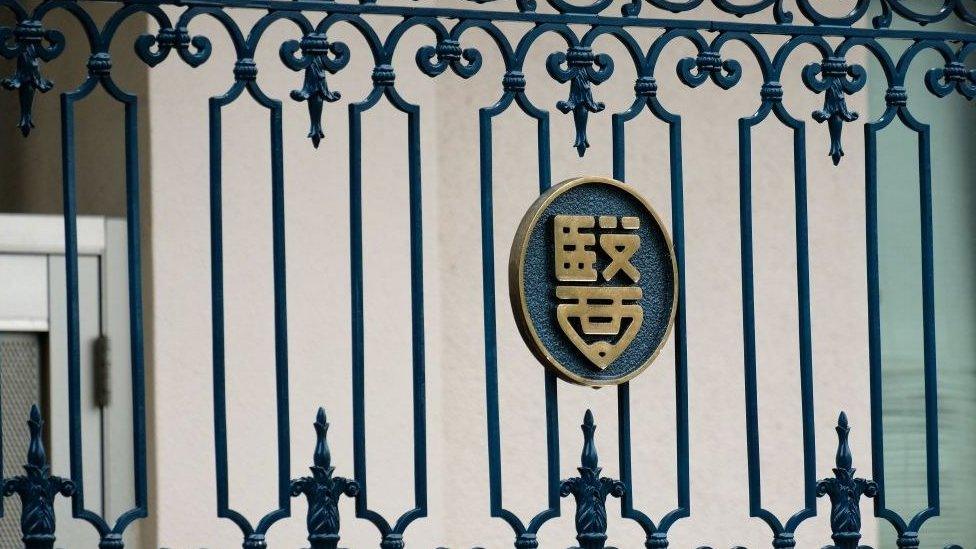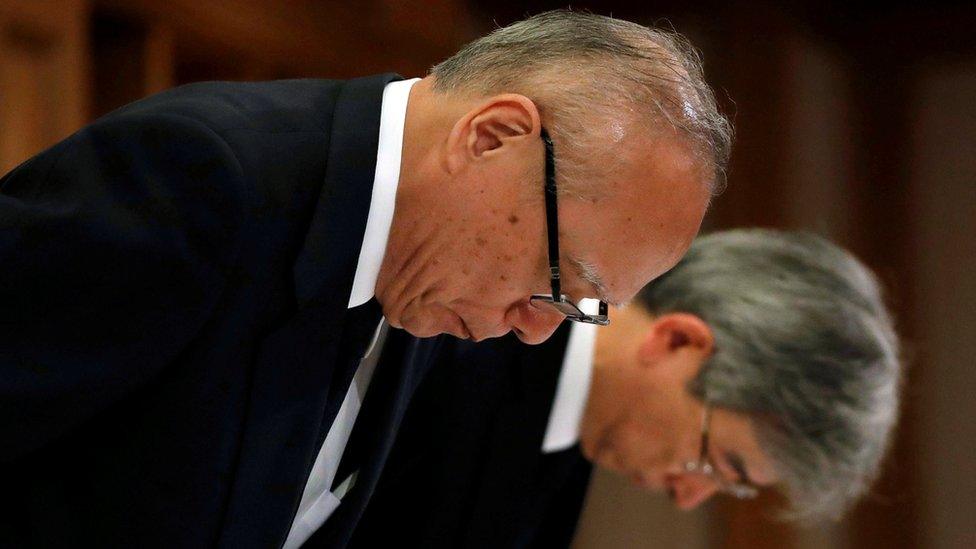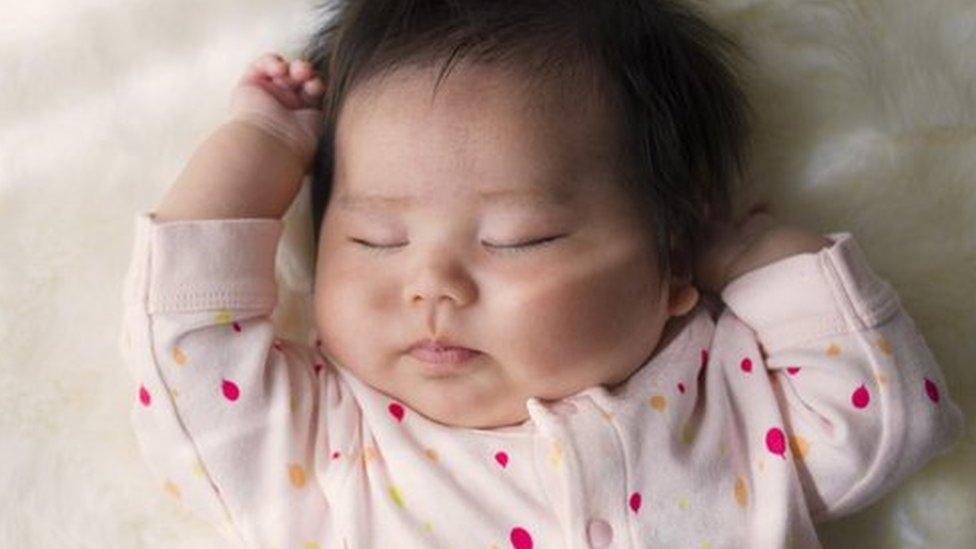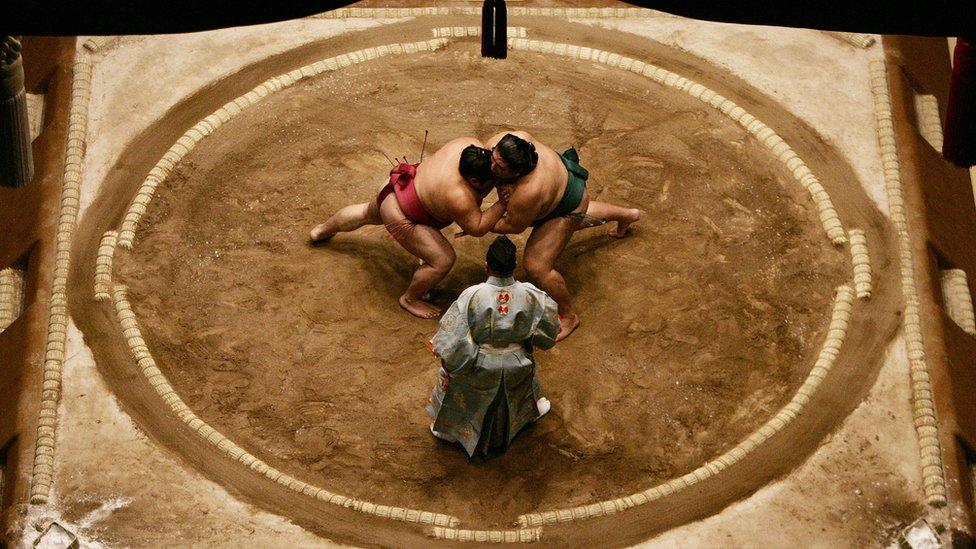Japan medical schools 'rigged women's results'
- Published

Tokyo Medical University has admitted it acted to keep women out
At least nine Japanese medical schools manipulated admissions, in part to exclude female students, a government investigation has found.
The inquiry was launched in August, after the prestigious Tokyo Medical University (TMU) was found to have tampered with the scores of female applicants from as early as 2006.
Reports cited concerns that many women would not go on to practise medicine.
Japan's education minister said the scandal was "deeply disappointing".
"I want the universities to make immediate and courteous responses regarding the situation of the applicants," Masahiko Shibayama was quoted as saying by the Kyodo news agency after the report was published on Friday.
Japan's government has been trying to boost women in the workforce and especially into senior positions. The medical schools' sexism scandal has come as a setback.
The revelations about TMU in August sparked a national outcry, and in response the education ministry looked at the entrance exams of 81 medical schools.
According to the Asahi Shimbun newspaper - 10 universities were identified has having held "inappropriate entrance exams" - meaning students were treated different based on characteristics including their age or sex.
It said nine universities, including TMU, Kitasato University and Juntendo University, were guilty of such practices. A tenth, the St Marianna University School of Medicine, was also named but has denied any wrongdoing.
"Each university must deal with the matter swiftly and thoroughly," Mr Shibayama said, according to the Asahi Shimbun.

Tokyo Medical University apologised in August for "betraying" the trust of the public
The investigation found other improper practices, including universities favouring the children of alumni and being biased against those who had sat the entrance exam multiple times.
Back in August the Yomiuri Shimbun newspaper quoted an unnamed source saying officials at TMU had adopted a "silent understanding" to reduce the number of female entrants over concerns female graduates were not going on to practice medicine in employment.
"Many female students who graduate end up leaving the actual medical practice to give birth and raise children," the source told the newspaper.
Earlier this week Juntendo University said it set the bar higher for women because they were better at communication than men, external and would have an advantage in the face-to-face interview component.
Twenty-four women are calling for the TMU to pay them 100,000 yen ($880; £700) in compensation. More than 40 applicants from the 2017 and 2018 entry rounds have now been accepted for entry after the university made contact with 101 candidates, AFP news agency reports.
- Published17 February 2018

- Published11 May 2018

- Published2 August 2018

- Published5 April 2018
